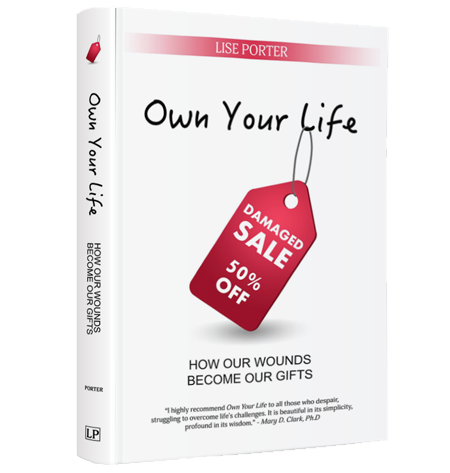It was as if he was waiting for me. When I peered into the living room as I put my key in the door I could see Hafiz sitting in my desk chair where he had a thousand times before. Only this time was different. I had slept separated from him and this morning was my morning to say goodbye. It was as if he knew and had rallied all his energy within him. After a month of sleeping through most mornings and no longer sitting on my lap, he wanted to cuddle.
At one point, Hafiz had started dropping weight fast. Terrified that he had cancer, I took him to the vet where they ran some tests. When the vet called me a few days later with the results, I expected the worst. Instead, in her chipper voice, she relayed that he had a thyroid condition and that it was completely (and inexpensively) treatable. She was right. Hafiz’s weight held steady for a number of years thanks to his thyroid medication that I handled wearing rubber gloves because apparently the pills could hurt me.
Hafiz and his brother Rumi came to live with me when they were six years old. They were siblings and their owner, who had raised them since birth had just landed in a nursing home after falling and breaking her hip. I had been a reluctant pet owner. But like most things in life, their arrival was part haphazard, part orchestrated. Had my friend Christiane called me on a different day, I probably wouldn’t have driven down to see them. Yet being that it was a three-day weekend, I had a little spare time.
Then there was no hesitation. One look at Rumi, who greeted me with a gentle openness, informed my decision. “But you need to meet the other one,” Christiane insisted. “He can be more temperamental.” It didn’t matter. Kneeling down, I peered under a chair to get a look at Rumi’s brother. He returned my stare with a ferocious hiss.
Although litter mates, they looked and acted nothing alike. Rumi was pure Siamese. His black and brown coat was as sleek as a mink’s, soft and gratifying to touch. He was slender with midnight blue eyes and a very gentle “meow.” So sweet and docile, he was almost effeminate in nature. Hafiz on the other hand was built like a football. Pale grey with huge blue eyes, and remarkably defined cheek bones, his body weight felt like an infant in my arms. His meow varied in tone depending on his moods and he often grunted when he ate.
Rumi walked compliantly into his carrier cage when asked. I took him to my car while Christiane brandished a towel and lured Hafiz out from under the chair. As I drove away, my companions made distressing meows from their cages. Gripping the steering wheel, I took a deep breath.
As I opened their cages, they peered out and then took a few tentative steps. They immediately went into my bedroom closest and only came out to eat, after which they returned directly to their safe house.
As I fell asleep that night, they ventured from the closet and jumped onto the bed. I was later awakened by the sound of little paws pattering on the hardwood floor. I hadn’t anticipated sounds coming into my world. They were like newborns home from the hospital. Everything about my routine was suddenly altered. I drifted back to sleep and later awakened to a humming sound. As I became conscious, I realized their little motors were running. They had settled up against my prostrate body.
Two days after Rumi and Hafiz were getting settled, I received a call.
“Hello?” I repeated a few times into the phone.
A shaky voice asked, “Are they okay? Are they okay? Something is wrong. I can feel it.”
I realized it was Christiane’s great-aunt, experiencing intense separation anxiety, as well as grief and loss.
“They are doing very well. I promise I will take good care of them.”
“Mouse…He gets urinary tract infections…. I raised them since they were babies. I fed them milk with eye droppers.”
(I had renamed the cats).
“I’m sure you miss them terribly. I promise I will love them dearly.”
The woman started to cry. After sitting in silence for a bit I gently said, “You can call me any time you like.”
The woman was now starting to sound confused. She’d just lost her beloved animals, her home, and independence. I understood more than she realized.














